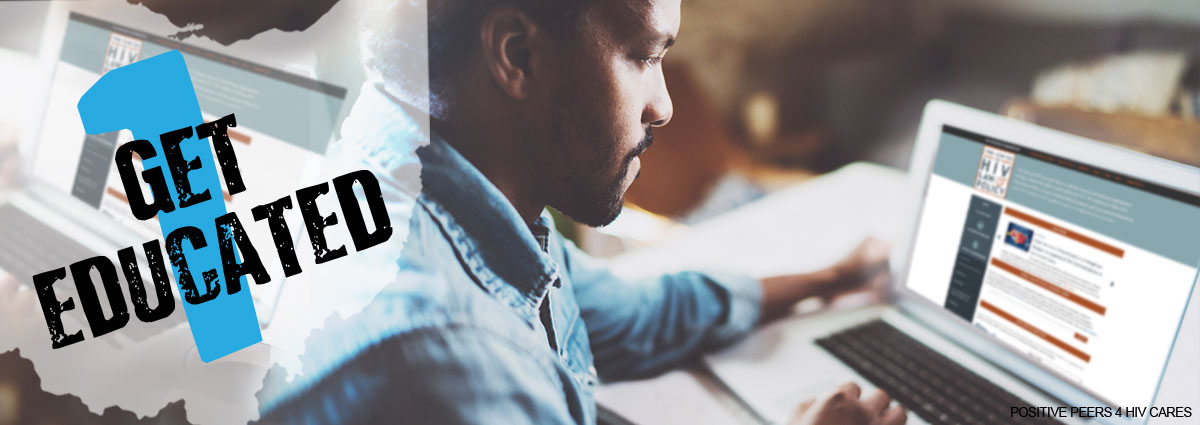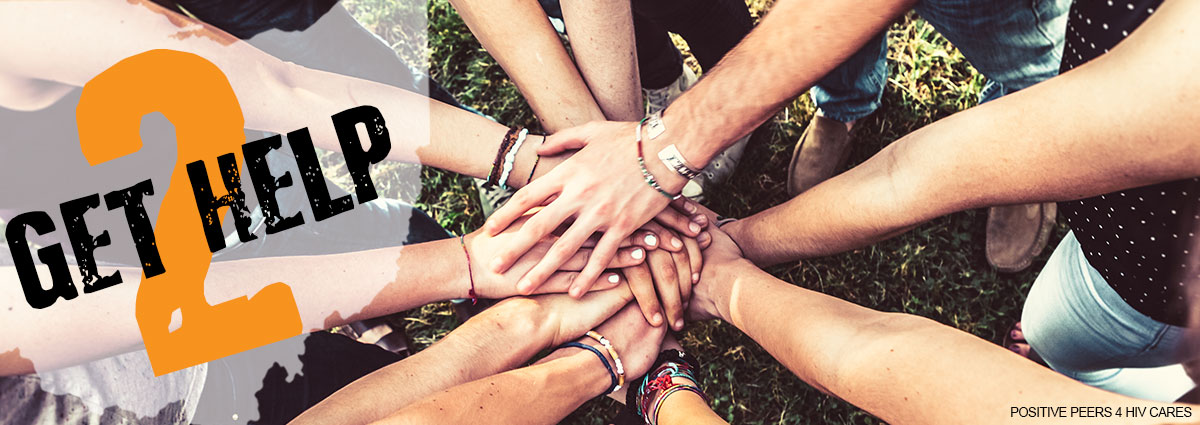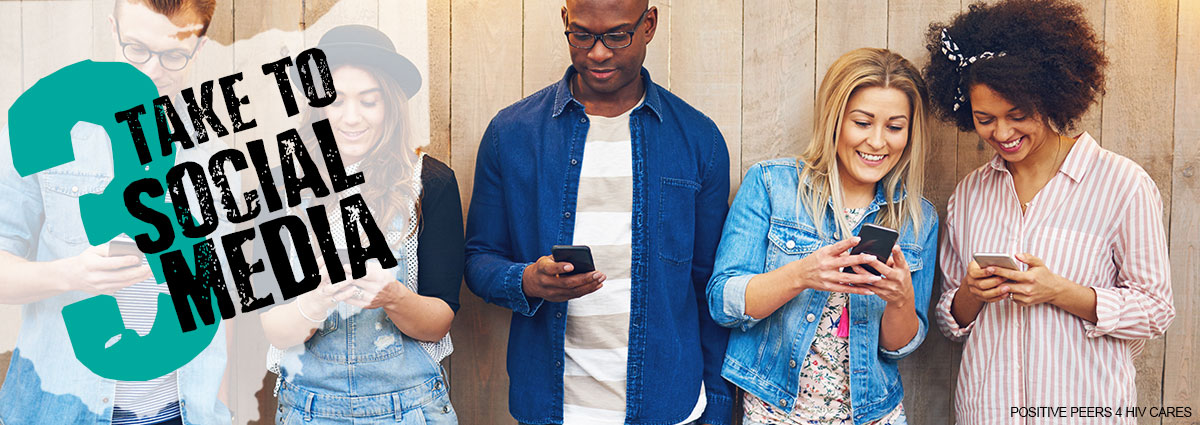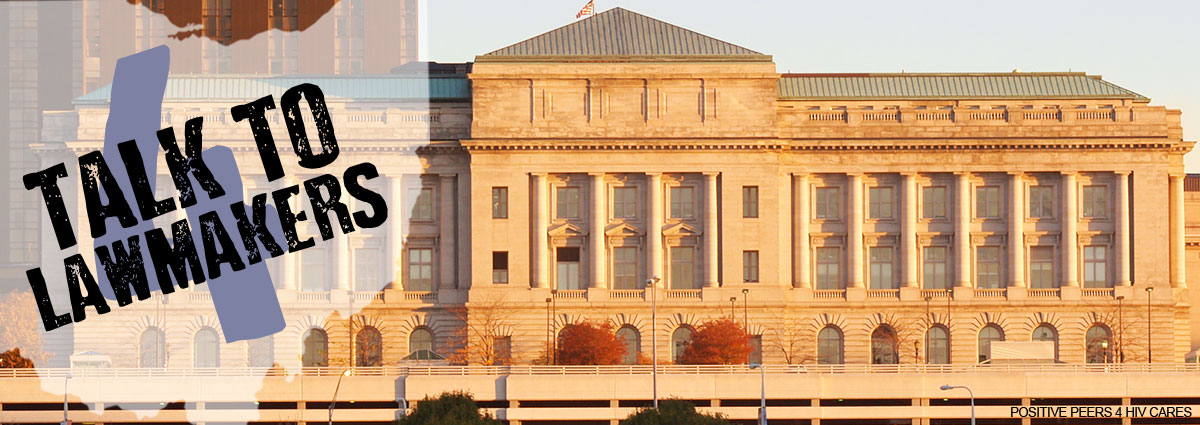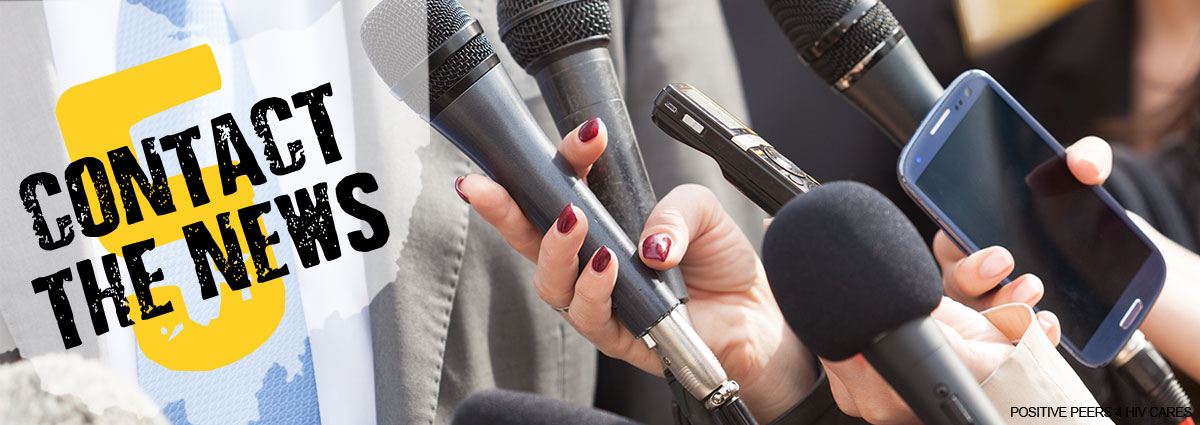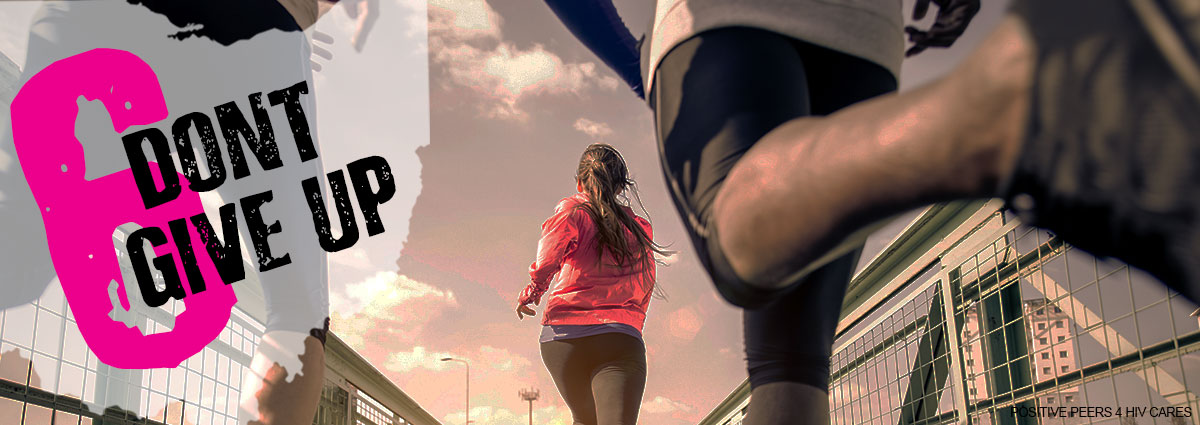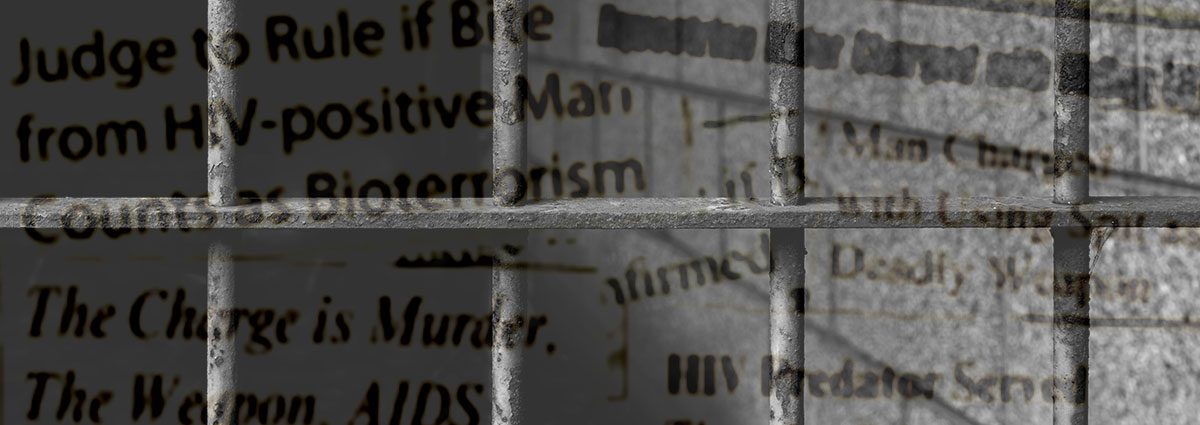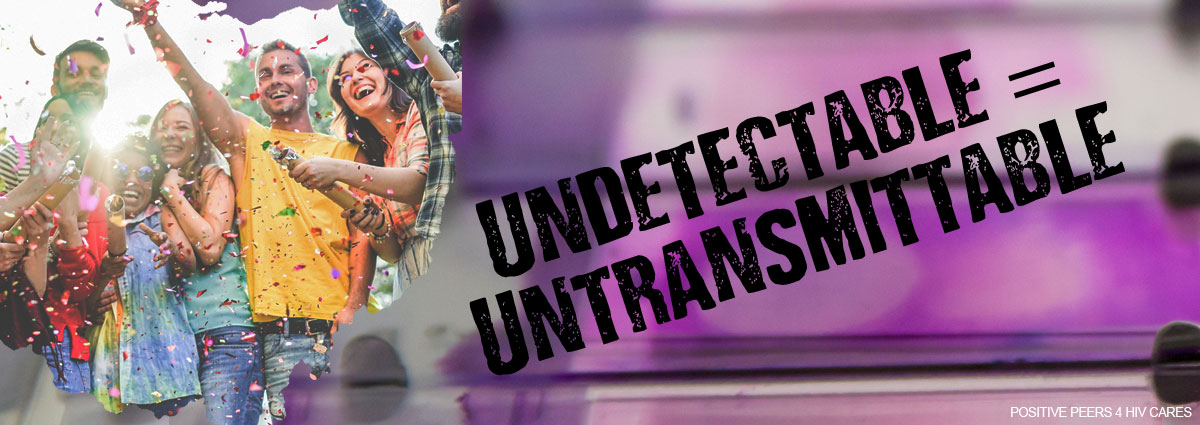In part 2 of this series, we talked about a full range of reasons why HIV criminalization is obsolete and needs to be abolished.
Let’s review: HIV criminalization is good at:
- Discouraging people from getting tested.
- Encouraging HIV stigma.
- Discriminating against people with HIV.
And none of those things are good things.
Today we’ll talk what you can do to join the fight against HIV criminalization.
By: Jennifer McMillen Smith, LISW-S, HIV Social Worker at MetroHealth Medical Center and medically reviewed by Ann K. Avery, MD, Infectious Disease Physician at MetroHealth Medical Center
1. Get educated
You can only change policies you don’t like by knowing things. If you want better laws for people with HIV, you have to learn the facts and have a well-supported argument.
The Center for HIV Law and Policy is one of the leading advocates for getting rid of HIV criminalization. These links can get your brain in the game:
- Resource bank: A free collection of fact sheets, legal cases, and much more.
- Positive Justice Project: Videos and guidance on joining the movement against HIV criminalization.
2. Get some help
It’s hard work trying to change the world all by yourself. It’s better to have people you trust helping you out.
Talk to the people in your HIV support group about why you think HIV criminalization is wrong. Pass along links to articles and send them videos to help them get excited about joining the cause.
If you feel comfortable talking to friends and family about your status, you can ask them to help and get involved. The more people you have in the game, the greater your chance of reaching more people and coming up with better ideas for changing things. You can even invite people to join you in attending a rally or writing their representatives.
3. Take to social media
Social media is a big part of people’s daily lives across much of the US. Are we right, or are we right? Seriously though, it’s a great place to tell your story, share accurate information, educate those around you, and organize with like-minded people. If you’re comfortable with your status and express it in an inspirational way, then others will learn to be comfortable and accepting of it too. The more they know, the more they see it, the more it becomes less taboo and more what it should be, normal!
Come join our private, stigma-free, supportive community.
Health management tools with medication & appointment reminders.
Social networking in a community conversation & private chats.
4. Talk to your lawmakers
Your representatives at the local, state, and federal level were elected to act on your behalf. Sometimes they need to be reminded of that.
Start local just to figure out how things work. Talk to your city council rep and ask for suggestions. Then move up to state legislators: They usually have professional staff who can help you understand what it takes to change laws.
And don’t forget to contact your local U.S. Representative’s office and your U.S. Senator’s office.
It is best not to charge into these people’s offices demanding change though. We suggest taking time to get to know them and building a friendly relationship. Tell them your story and ask them about theirs. You’d be amazed at what you can get done just by earning people’s trust. Stories are powerful!
5. Contact the news media
If more people understood just how bogus HIV criminalization is, they’d be more likely to encourage our lawmakers to get rid of it. News broadcast, local podcasts, and articles in newspapers and magazines can go a long way toward changing the minds of lawmakers and your fellow citizens.
Keep in mind, though, that the news media need interesting stories that will make people excited, happy, sad, angry, inspired and so on. You can’t just call up your local TV station and say “this law is wrong and has to change.” You have to be able to tell them: “I have a story for you that shows how wrong this law is.”
Powerful stories told from the heart tend to attract viewers and readers. Help local media find those stories and you’ll do a favor for them while helping more people see why HIV criminalization is wrong.
6. Make up your mind not to give up
All this advice is easy to recommend and hard to actually do. But nothing will ever change if people with HIV stay on the sidelines and let other people keep unjust laws on the books. Remember, this is not a sprint, and it’s a marathon.
For more tips, see “Ten Things Anyone Can Do To Help End HIV Criminalization” from the Center for HIV Law and Policy.
Related Blogs:
